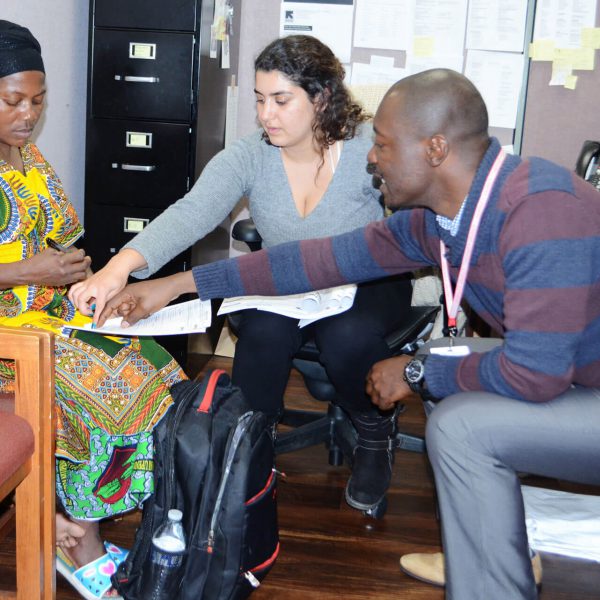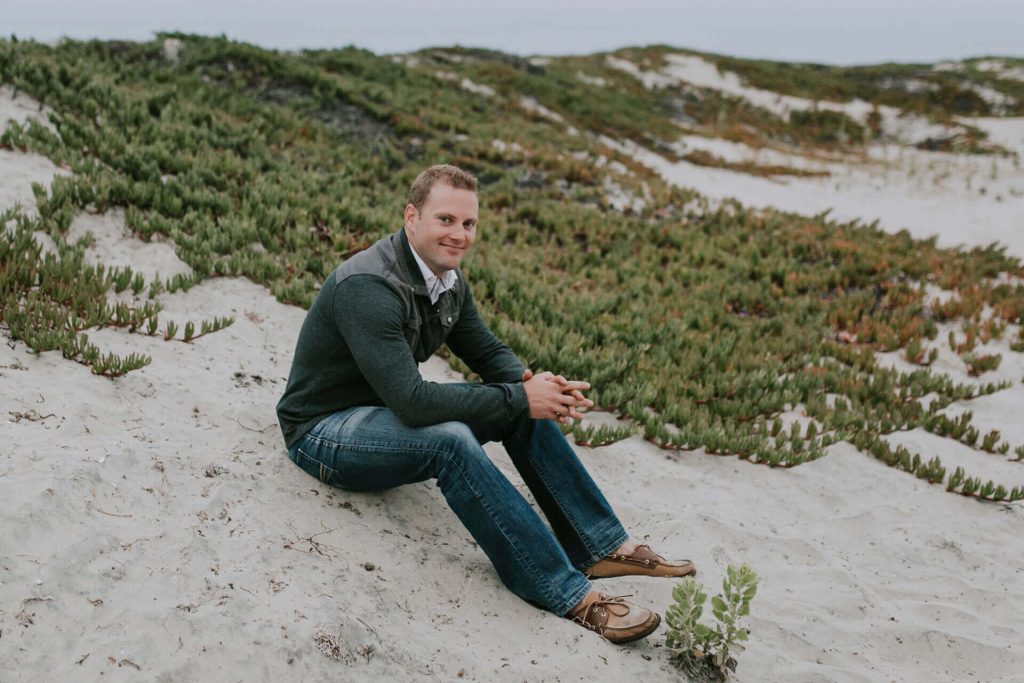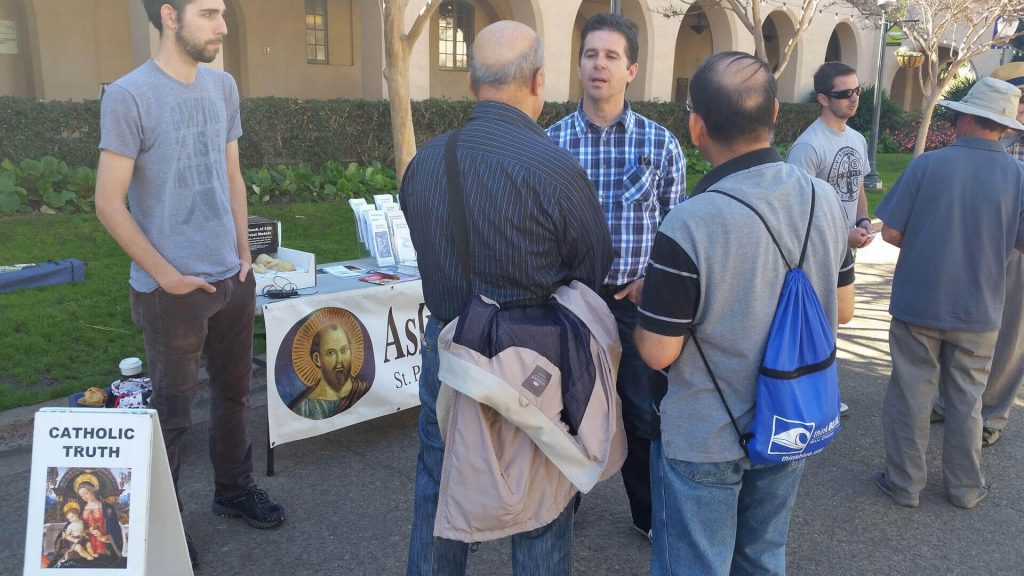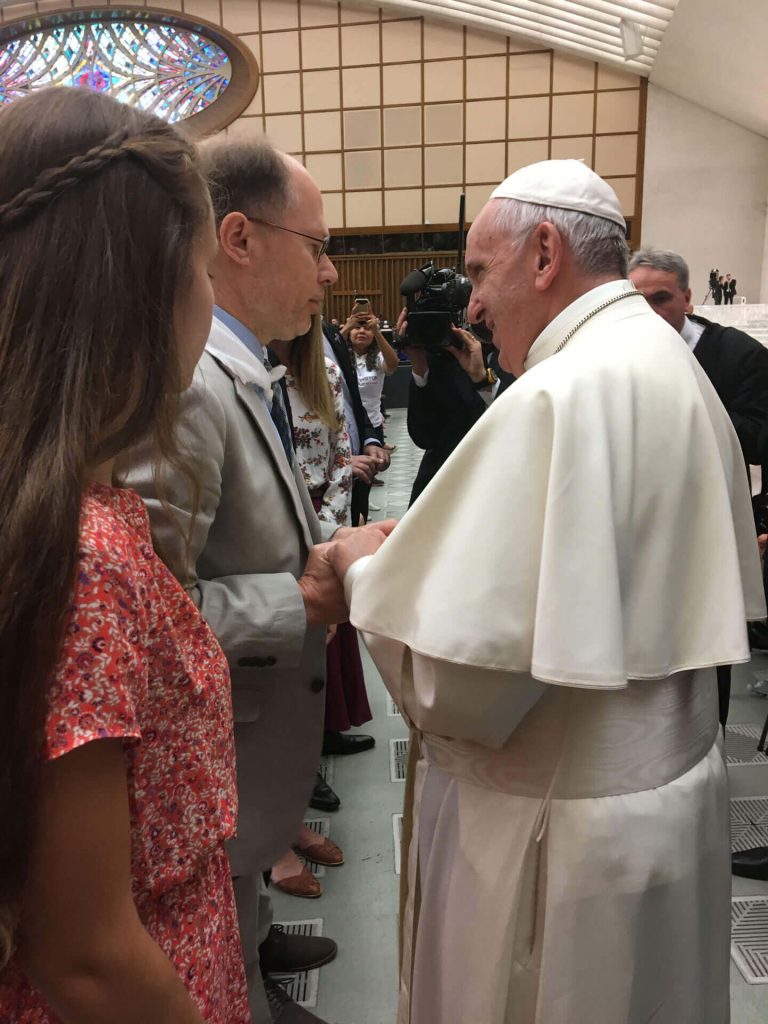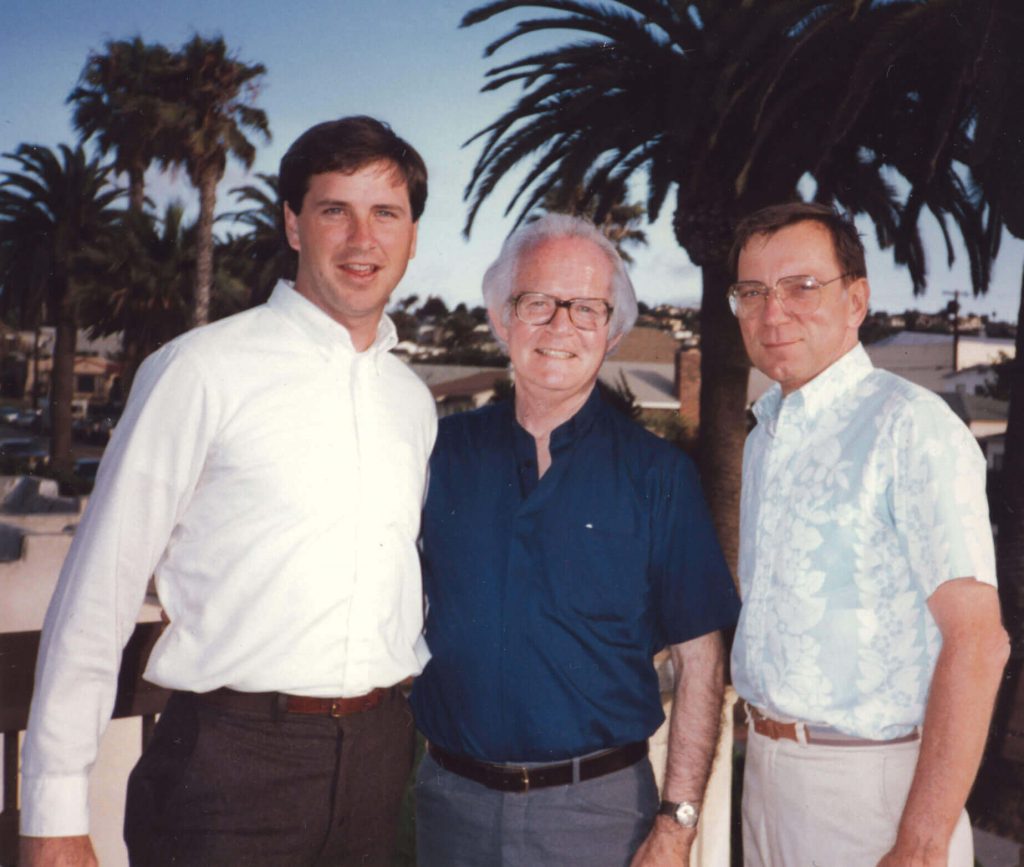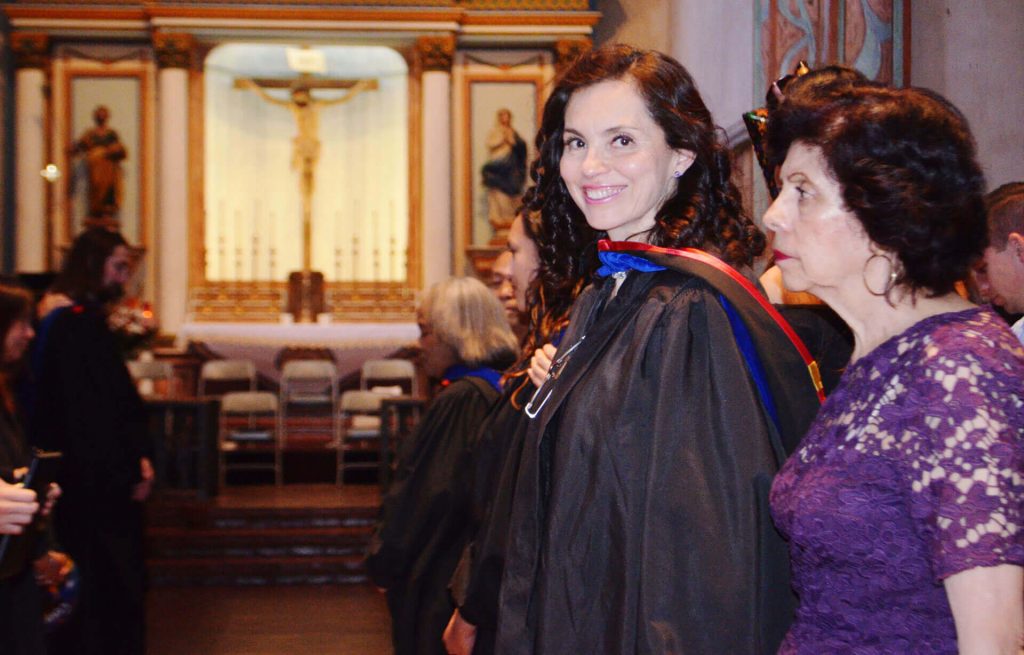SAN DIEGO — The empty screen told the story.
The day before, the screen had displayed a three-month calendar of refugees who had been cleared for resettlement in this country. Staff members at Catholic Charities used that information to arrange basic services such as housing, schooling and health care for those destined to make San Diego their home.
But when staff members logged on to the federal database the day after President Donald Trump issued executive orders suspending all refugee admissions for 120 days, the information had vanished.
“All of our process just died, right there,” recalled Nadine Toppozada, director of Refugee Services at Catholic Charities San Diego, the second-largest organization that resettles refugees in the region.
The orders were a devastating blow for the refugees scheduled to arrive. And it sent shock waves through the refugee families already here. Their impact at Catholic Charities still is being assessed but could be dire.
As of mid-February, the courts had suspended the orders and refugees and travelers from the targeted countries were once again being admitted into the United States.
But if the courts uphold them, the agency stands to lose half its caseload, $1.2 million in annual funding and possibly have to eliminate up to 11 positions, said its director, Robert Moser.
Under a contract with the U.S. federal government, Catholic Charities resettled nearly 1,100 refugees last year and expected to assist a similar number in 2017, Moser said. Of those 1,100 resettled last year, some 432 were from the seven countries targeted by the Trump administration.
The executive orders hastily issued Jan. 27 suspended all refugee admissions to the United States for 120 days, suspended those from Syria indefinitely and banned from entry into the country people traveling from seven Muslim-majority countries (Iran, Iraq, Libya, Somalia, Sudan, Syria and Yemen) for 90 days.
The Trump Administration said the temporary ban was needed so it could develop “extreme vetting” procedures to detect refugees who planned to carry out terrorist attacks. Organizations that have assisted refugees for decades, however, countered that the U.S. has the most extensive vetting process in the world, lasting up to 24 months, and that no refugee had ever carried out a terrorist attack on U.S. soil. That fact was cited by the U.S. District Court that suspended the orders.
Moser said that Catholic Charities San Diego had successfully resettled more than 35,000 refugees since 1975 from countries around the globe.
“Based on our experience, such executive orders are neither needed nor justified,” he said.
“Many innocent and vulnerable people who have suffered persecution abroad based on political or religious reasons will continue to suffer due to political and religious prejudice displayed by the very country that historically has been the beacon of freedom and tolerance,” he said.
Toppozada described the process Catholic Charities follows to resettle refugees. Case workers prepare for their arrival as soon as their name appears on the U.S. Migration and Refugee Services database, which carries their biographies. They rent apartments, coordinate with schools to enroll new students and make appointments for health screenings, among other preparations. Often, the refugees arrive with pressing needs.
“For example, a prosthetic that needs care because it is of such a poor quality that it comes into the client’s skin and it bleeds,” she said.
Once here, the staff provides support to help them to become self-sufficient as soon as possible. This includes teaching them how to use public transit, facilitating English-language classes and helping them to find employment.
The case workers help clients for five years, in that time witnessing their transformation to productive members of society, Toppozada said.
Moser said assisting refugees is central to the mission of Catholic Charities, citing the Gospel of Matthew: “I was hungry and you gave Me food, I was thirsty and you gave Me drink, I was a stranger and you welcomed Me.”

